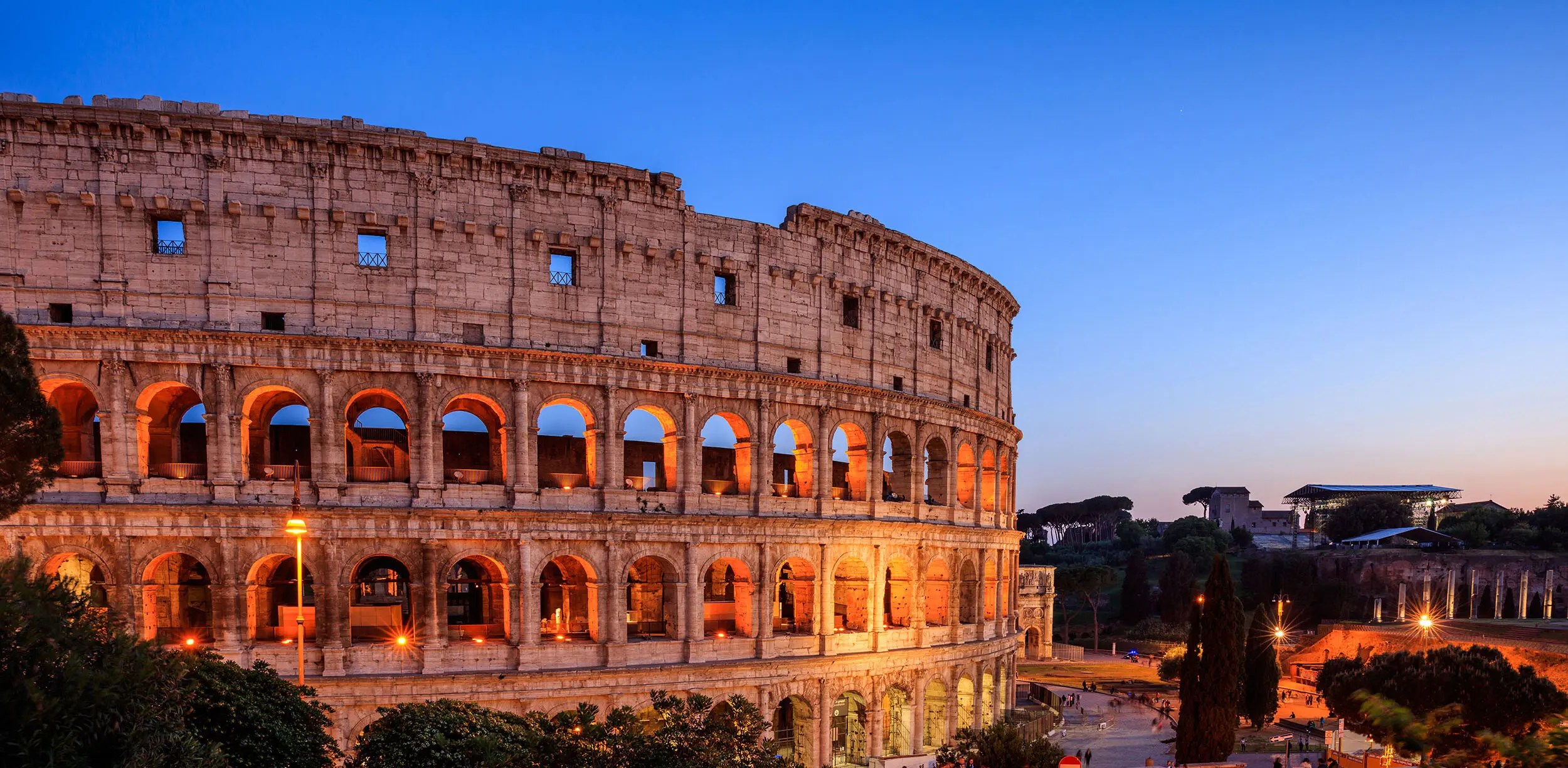Exploring The Mysteries Of The Reincarnation Colosseum
Imagine a world where the past, present, and future intertwine in a grand arena, where souls converge to face the echoes of their previous lives. The concept of the "reincarnation colosseum" evokes a sense of wonder and intrigue, inviting us to delve into the mysteries of life, death, and rebirth. Within this metaphorical colosseum, we explore the profound questions of existence and the cyclical nature of our being. As we embark on this journey, we will unravel the significance of reincarnation and the colosseum's role in shaping our understanding of the afterlife.
Throughout history, various cultures have embraced the idea of reincarnation, believing that the soul undergoes a cycle of birth, death, and rebirth. The "reincarnation colosseum" serves as a symbolic representation of this journey, where souls engage in battles of knowledge, growth, and redemption. In this arena, the lessons learned from past lives become the building blocks for future endeavors, allowing us to evolve and transcend the limitations of our previous incarnations.
In a world where the concept of the "reincarnation colosseum" sparks imagination and contemplation, we invite you to explore the depths of this extraordinary phenomenon. Join us as we navigate the complexities of reincarnation, uncover the truths hidden within our souls, and discover the role of the colosseum in our eternal quest for enlightenment.
What is the Concept of Reincarnation?
Reincarnation is the philosophical or religious belief that the soul, after death, begins a new life in a new body. This concept is prevalent in various cultures and religions, including Hinduism, Buddhism, and certain New Age beliefs. The idea posits that our actions in previous lives (karma) influence our current life circumstances.
How Does the Reincarnation Colosseum Fit into This Belief?
The "reincarnation colosseum" symbolizes the arena where souls confront their past experiences and lessons. In this metaphorical space, individuals can re-evaluate their choices, learn from their mistakes, and engage in a battle for spiritual growth. The colosseum represents the challenges and triumphs faced by souls as they navigate the cycle of life and death.
What Are the Historical Influences of Reincarnation?
Reincarnation has deep historical roots, with references found in ancient texts and scriptures. Key influences include:
- Hindu scriptures like the Bhagavad Gita, which discuss the cycle of life and the soul's journey.
- Buddhist teachings on samsara, the cycle of death and rebirth, and the pursuit of enlightenment.
- Plato's philosophical works, where he suggested the immortality of the soul and its journey through multiple lives.
How Do Different Cultures View Reincarnation?
Various cultures interpret reincarnation in unique ways, shaping their spiritual and philosophical beliefs:
- Eastern Religions: In Hinduism and Buddhism, reincarnation is a fundamental belief, with a strong emphasis on karma and spiritual evolution.
- Western Philosophies: Some Western philosophies and spiritual movements have embraced reincarnation as a means of personal growth and self-discovery.
- Indigenous Beliefs: Many indigenous cultures view reincarnation as a connection to ancestors and the natural world, emphasizing the cyclical nature of existence.
Is There Evidence Supporting Reincarnation?
While scientific evidence for reincarnation remains elusive, anecdotal accounts and research from researchers like Dr. Ian Stevenson have documented numerous cases of children recalling past lives. These instances provide intriguing insights into the possibility of reincarnation and the experiences of souls in the "reincarnation colosseum."
Can the Reincarnation Colosseum Help Us Understand Our Past Lives?
Engaging with the concept of the "reincarnation colosseum" encourages introspection and self-discovery. By exploring our past experiences, we can gain valuable insights into our current life challenges. Techniques such as meditation, regression therapy, and journaling can facilitate this exploration, allowing individuals to confront their previous lives and learn from them.
What Role Does Karma Play in Reincarnation?
Karma, a key component of reincarnation beliefs, refers to the law of cause and effect, where an individual's actions influence their future experiences. The "reincarnation colosseum" serves as a battleground for souls to confront the consequences of their past actions and make amends. Understanding karma empowers individuals to take responsibility for their choices and strive for positive change in their current lives.
How Can We Embrace the Lessons of the Reincarnation Colosseum?
To fully embrace the teachings of the "reincarnation colosseum," individuals can:
- Reflect on their life experiences and identify patterns that may stem from past lives.
- Practice mindfulness and meditation to cultivate self-awareness and inner peace.
- Engage in acts of kindness and compassion to create positive karma and foster personal growth.
In conclusion, the "reincarnation colosseum" offers a powerful lens through which we can explore our existence and the cycles of life we experience. By understanding the significance of reincarnation, we can navigate our spiritual journeys with purpose and intention, ultimately striving for enlightenment and growth.
Understanding The Influence Of Chusei Mannami Parents On His Journey
The Fascinating World Of The Poodle Moth
Discovering Harry Green Nissan: A Hub For Automotive Enthusiasts
.jpg)

